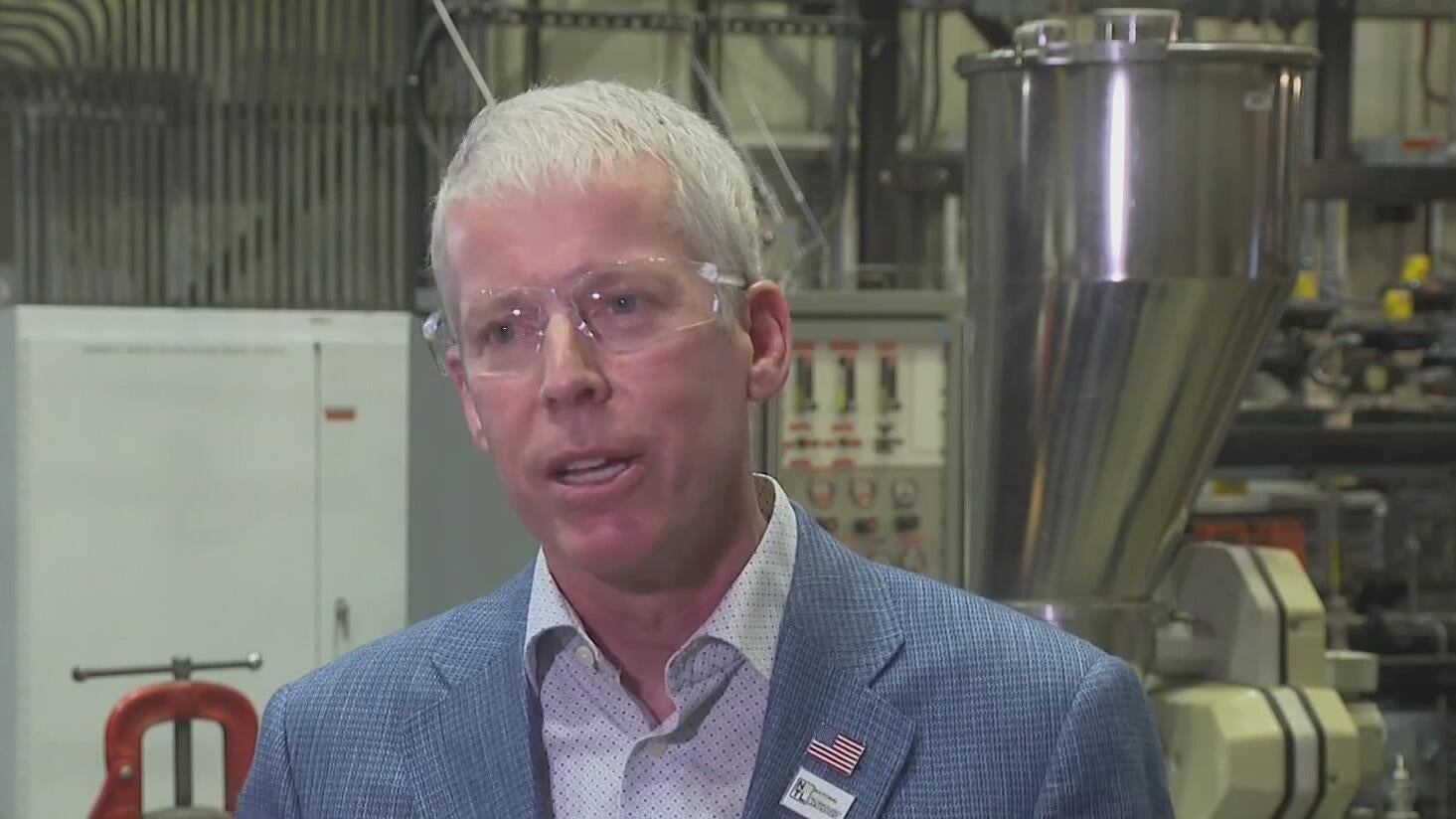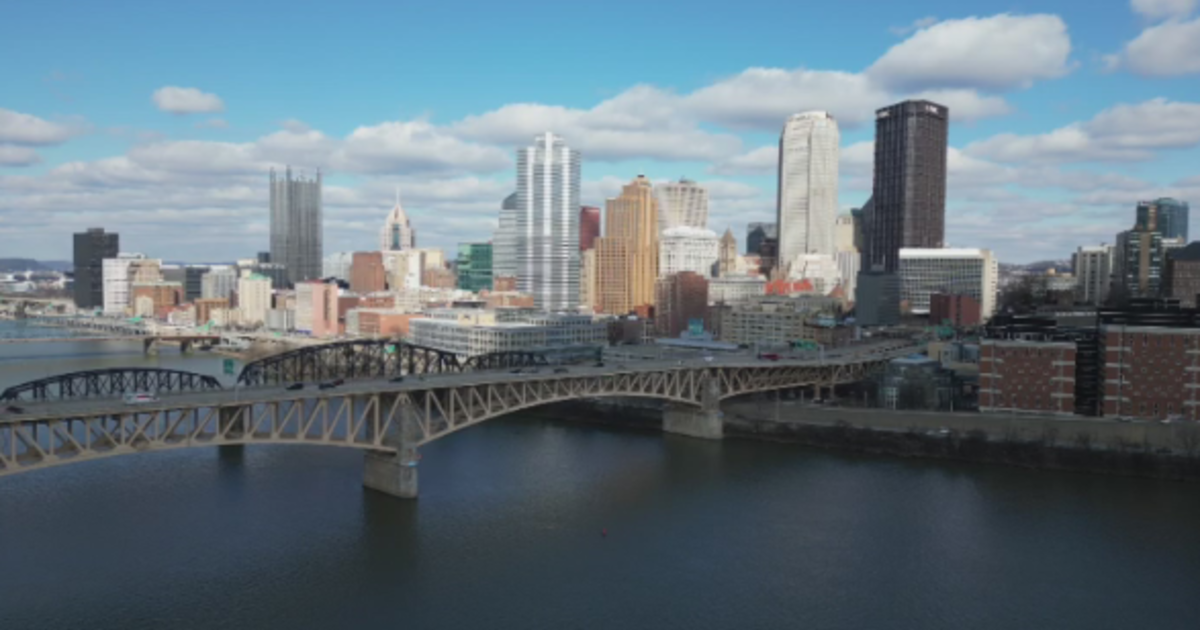Energy secretary visits National Energy Technology Laboratory in Morgantown
U.S. Energy Secretary Chris Wright visited the National Energy Technology Laboratory in Morgantown on Wednesday.
Flanked by staff at the National Energy Technology Laboratory in Morgantown, West Virginia, the man who heads up the U.S. Department of Energy toured the facility, warning that when it comes to the United States and its ability to produce, supply and maintain energy, the country is in trouble.
"We need new electricity to reindustrialize America to win the race in AI and to stop the huge upward pressure on electricity prices," Wright said.
KDKA-TV's Ross Guidotti sat down with Wright to talk about that issue and how power pinches have created problems in the region. He says the first thing needed is to free up the power capacity out of existing plants that are capable of it.
"We are just tight on reserve margins. We've got to stop closing coal plants and we got to make it easier to build and expand capacity with new plants and get more out of our grid," Wright said.
Wright said in addition to more power, better and more robust transfer means are necessary, but that won't happen overnight. His plan uses what's available but just uses it more efficiently.
"By dynamic line rating, by reconducting certain lines. It takes too long to build new transmission, we're working on that too, but that's a decades-long solution," Wright said.
Wright says coal will play a role, but so will increased use of the region's natural gas. Wright admits pollution concerns regarding the increase in fossil fuel use are legitimate, but he says not so much that power and clean air are mutually exclusive.
"We're sitting here at a fantastic coal power plant in West Virginia, a very modern coal power plant. You look at what's coming out of that stack, it's clear white. That's water vapor and water vapor only you're seeing. Older technology, older factories, you didn't see just white, you saw brown and you saw pollutants in the air. Technology is the answer there," Wright said.
But what about green or renewable energy, an industry of which Pittsburgh-based research is on the forefront? He says it's a great idea and their time is coming, however, "3%, maybe 3.5% today of our power comes from wind, solar and batteries."




